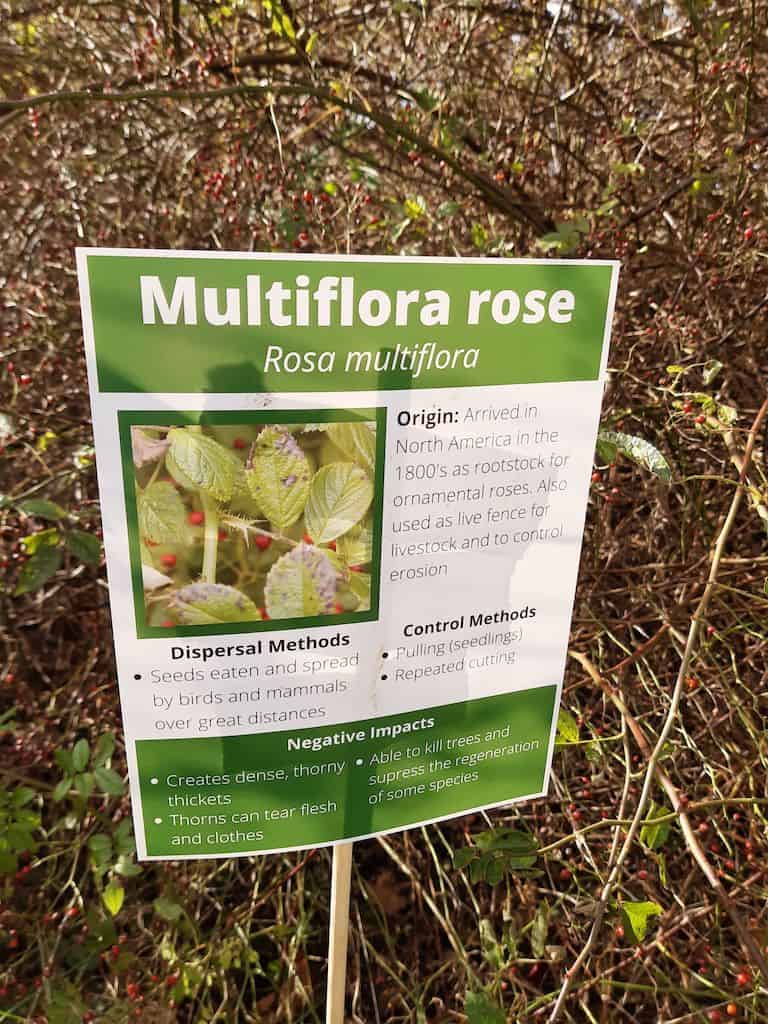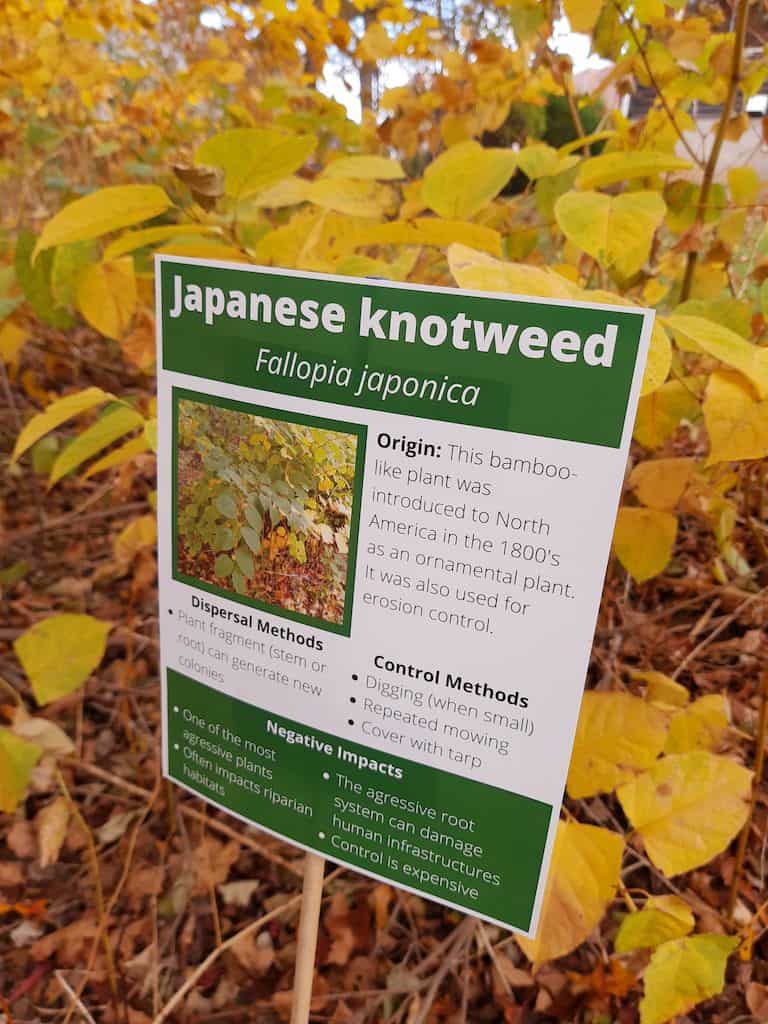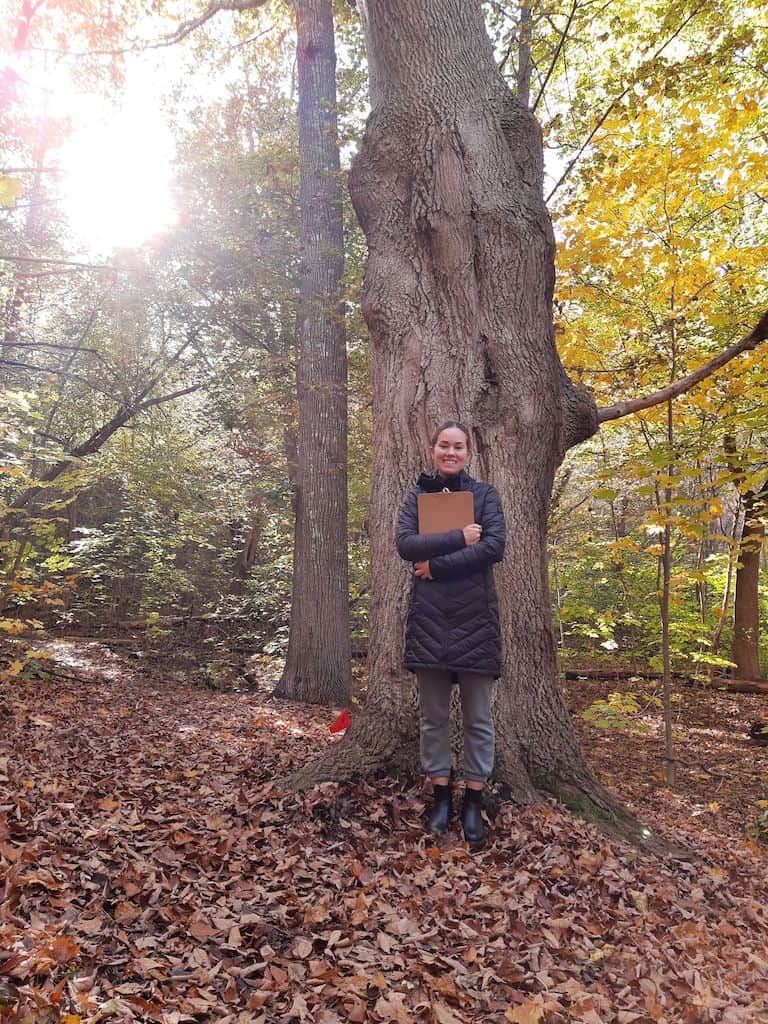
Acadia University students had the opportunity to learn about native and invasive plants during the Race to Meet Your Wild Neighbours this month. The event, designed by students from the Community Program Design course (CODE 3023) taught participants about the good and the bad plants that are present on campus and gave them ideas about how to help prevent the spread of invasive species.
“Our goal for this event was to create a fun and informative activity that not only educates students on invasive plant species, but also gives them the opportunity to engage in hands-on tasks in the Harriet Irving Botanical Gardens and the Acadia Woodland Trails. Overall, it seemed that everyone enjoyed the event and learned a bit more about the Acadian Forest Region native and invasive plant species.” – Will Hicks, Community Development student
Through various stations and challenges dispersed throughout the Gardens and Trails, participants got more familiar with the various maple species commonly found in the Acadian Forest Region, planted a few native trees, and used tree pullers (extractigators) to pull specimens of the invasive common buckthorn (Rhamnus cathartica). Some of the other invasive species that the participants are now more familiar with include Norway maple (Acer platanoides), Glossy buckthorn (Frangula alnus), Multiflora rose (Rosa multiflora), Japanese knotweed (Fallopia japonica), Japanese barberry (Berberis thunbergii), oriental bittersweet (Celastrus orbiculatus), and privet (Ligustrum spp.).
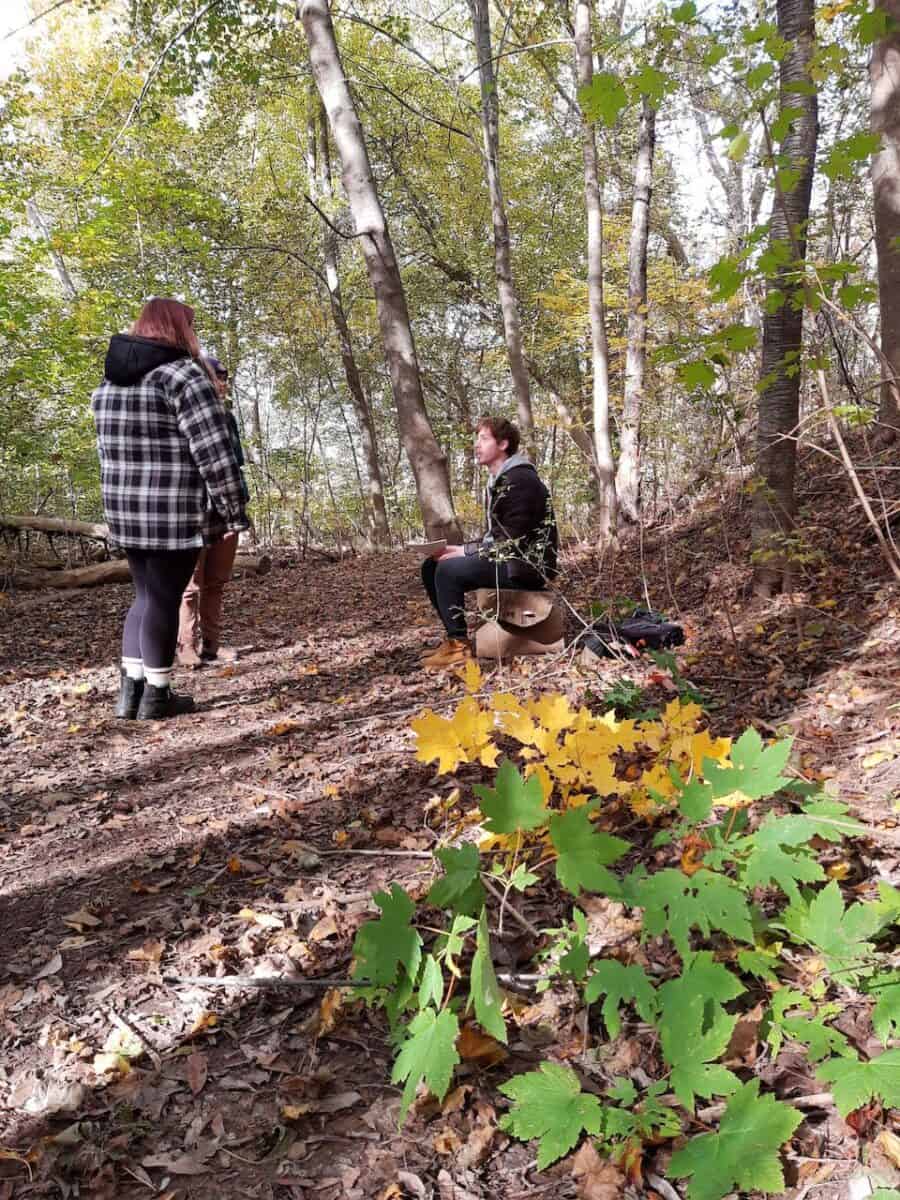
A student sharing tips to identify some of our most common maple species 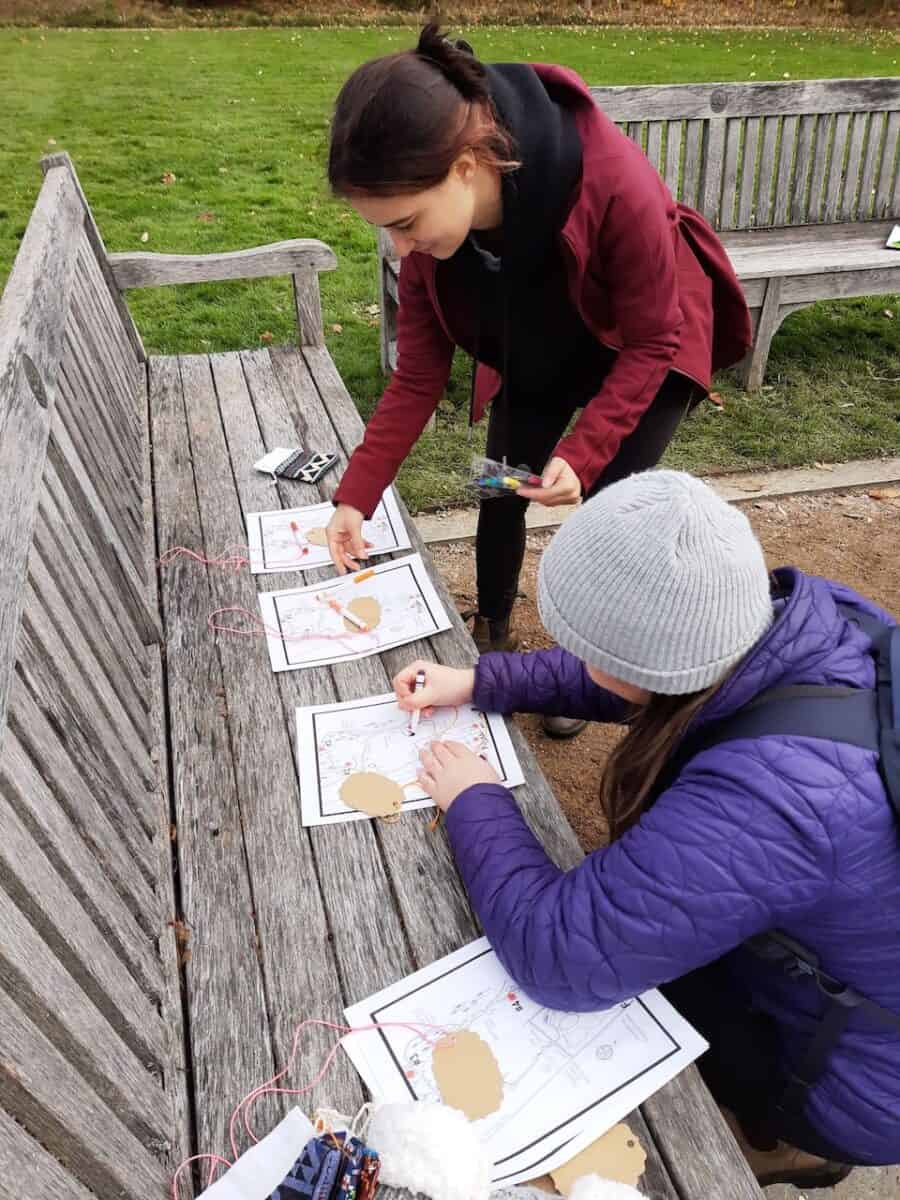
Students preparing maps and team name tags for the participants 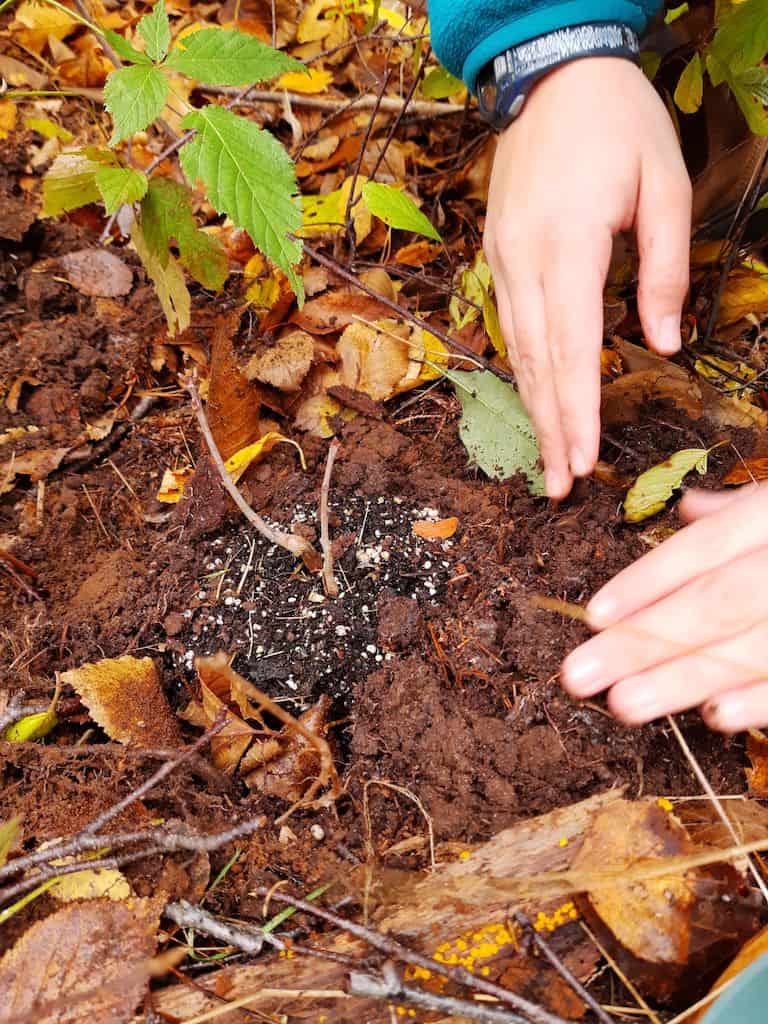
Planting a red oak (Quercus rubra)
Acadia University is committed to the United Nations Sustainable Goals (SDGs). This event aligns well with objective 15, Life on Land. Target 15.8 specifically addresses invasive species. “Through teaching, research, campus operations, and applied service learning, such as this student project, Acadia can help address the global challenges we face related to plant and animal protection, climate change, and environmental degradation. The Harriet Irving Botanical Gardens has an important role to play in achieving the goals related to biodiversity, both locally and globally.” – Jodie Noiles, Sustainability Coordinator
Invasive species posters were installed on the Woodland Trails for the event and will remain there for a period of time to allow the community to learn more. Be on the lookout for them if you are out on the trails!


 Acadia University
Acadia University
